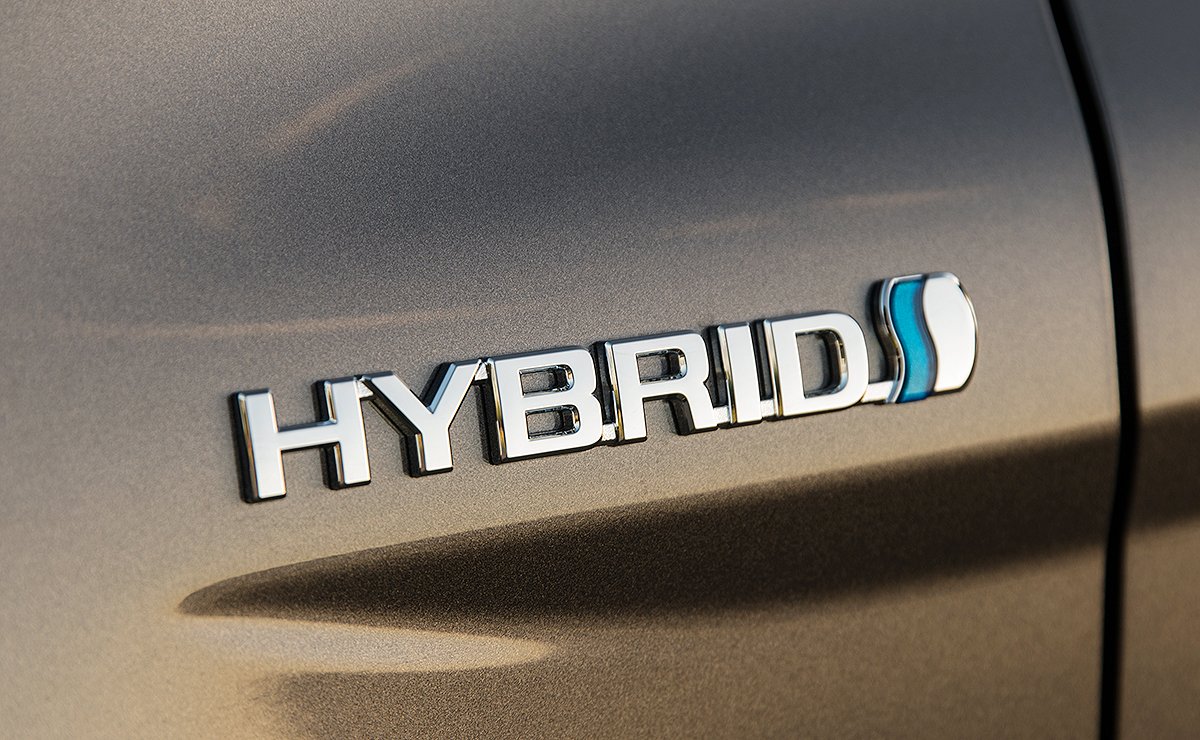
Internal combustion engines may not be the only casualty of the sweeping shift toward electric vehicles that’s allegedly coming in the years ahead.
It could be time to say goodbye to hybrids as well.
Production costs and a changing regulatory environment are combining to make hybrids and plug-in hybrids an increasingly unattractive proposition for automakers, according to a report from Morgan Stanley.
The investment firm issued a research note Tuesday that highlights divergent paths for automakers, some of which have committed to hybrid development while others are bypassing them in the fast lane toward an all-electric future.
Morgan Stanley published a report called “The Case Against Hybrids” in October 2019. Only four months later, the company says it’s “even more bearish on hybrids today.”
Growing concerns include the regulatory front, where the United Kingdom said last week that it plans to prohibit the sale of new gasoline and diesel cars by 2035.
That ban would include hybrids and plug-in hybrids. It’s hard to determine at this point whether the U.K.’s plans constitute a footnote or the start of a broader trend.
Perhaps more notably, Morgan Stanley says the complexity and cost of hybrids remain problematic at a time battery costs associated with EVs are falling.
General Motors President Mark Reuss underscored the complications. “Carrying an internal combustion engine and an electrification propulsion system and you have to make them work together and you have to certify, you still have to certify, you still have to crash, you still have to pay money to carry two propulsion systems on board,” he tells Morgan Stanley. “I just, from a physics and engineering standpoint, can’t get my head around making money doing that in the long haul, even as a stopgap.”
Toyota Motor Corp. and Ford Motor Co., two prominent purveyors of hybrid vehicles, may beg to differ. But with stubborn costs, fixed complexity and now regulatory changes afoot — not to mention cheap gasoline in the U.S. — it’s hard to deny the end of the hybrid era may be on the horizon.
— Pete Bigelow
What you need to know
Milestone in driverless delivery It may seem obvious that a vehicle not built to carry humans would have zero need for equipment such as side-view mirrors, backup cameras and windshields. But the rulebook requires those features. Written at a time when its authors never pondered the possibility cars might one day drive themselves, the Federal Motor Vehicle Safety Standards include those components, along with steering wheels and brake pedals. Those mandates have frustrated innovators and created regulatory uncertainty in the fledgling autonomous industry. But there’s finally been a breakthrough. NHTSA granted a request by self-driving delivery company Nuro for an exemption from some of those rules.
Groups call on U.S. lawmakers to develop ‘meaningful legislation’ for AVs Officials from trade groups representing automakers and tech companies, as well as consumer and vehicle safety, called on Congress to carve out legislation for autonomous vehicles that sharpens safeguards and closes loopholes without hindering innovation and global competitiveness. During a hearing Tuesday in Washington by a House Energy and Commerce subcommittee, witnesses and legislators spoke of the growing benefits of autonomous vehicle technology — and eventually completely driverless vehicles — and their role in preventing or mitigating accidents and collisions. But obstacles remain, including the need for federal legislation that allows the United States to remain globally competitive as other countries, including China and Japan, roll out regulations and developments for self-driving vehicles.
Roundup
Audi exec says electrification, mobility could triple size of industry by 2050.
Lyft reduces net losses in Q4 as revenue surges.
The U.K.’s deadline for killing off vehicles powered by fossil fuels keeps moving forward — and could now be just 12 years away, Bloomberg reports.
Fair is ending its weekly rental program with Uber.
Rivian’s electric delivery vans for Amazon are taking shape.
Hyundai has signed a development deal with another EV startup, Reuters reports.
A Tesla driver in a fatal crash reported problems before with Autopilot feature.
Rivian’s robotics supplier is investing $45 million in Mich. plant.
Paychecks will be six days late at cash-strapped electric carmaker Nio, Bloomberg reports.
Volkswagen is piloting virtual reception service kiosks in two of its dealerships.
The Hyundai Sonata Hybrid has learned a few new tech tricks for 2020.
EV startup Nikola has set its pickup launch.
Autonomous vehicles undergo reality check.
Brain food
NBC News takes a look at criminal issues that have popped up with peer-to-peer car-sharing.
Last mile
Skoda has given its new electric SUV an Irish name.